State programs and efforts by private organizations have reduced North Carolina’s infant mortality rate to its lowest ever, but the state still has a stubborn problem with high levels of black infant mortality.
Women's and Maternal Health
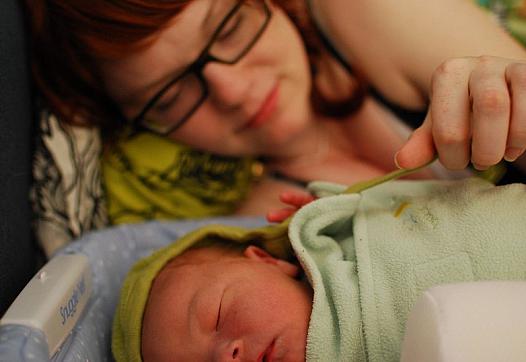
Several states are now leading the way to ensure doulas are available to the low-income and underserved women who need them most.
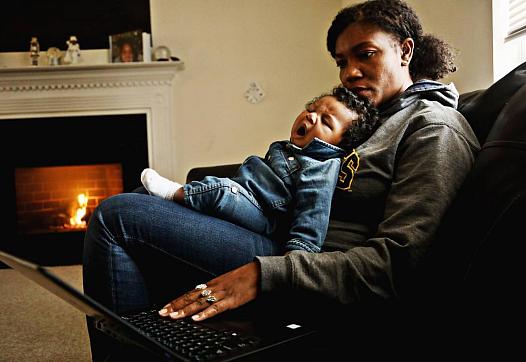
Deaths of African-American babies declined most quickly in states that expanded Medicaid coverage, researchers have found. North Carolina isn’t one of those states.
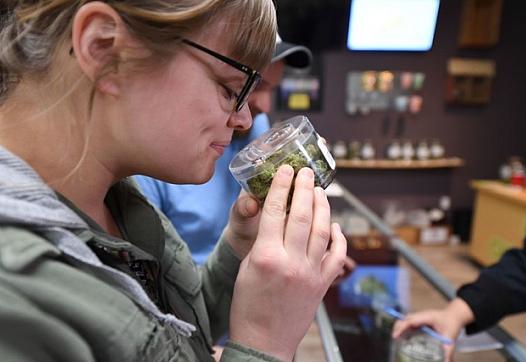
Stigma around marijuana, especially among mothers, was a big challenge to overcome while telling reporting my stories for the 2019 National Fellowship.
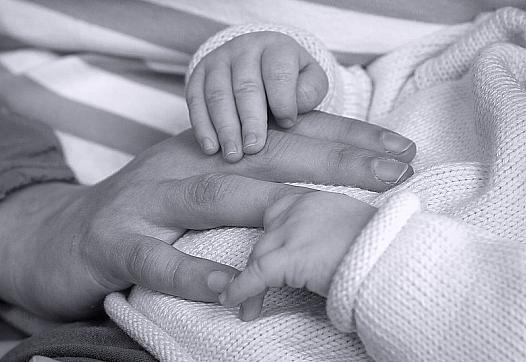
The reproductive endocrinologist heavily pushed our conversation toward egg freezing. “You’re young and single,” he said. “You don’t want to have a baby by yourself.”
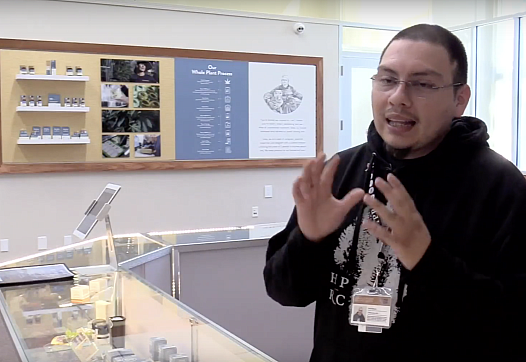
This story was produced as part of a larger project led by Fatima Navarrete, a participant in the 2019 National Fellowship.
Other stories in this series include:
Marijuana Consumption During Pregnancy (Part 1)
Marijuana Consumption During Pregnancy (Part 2)
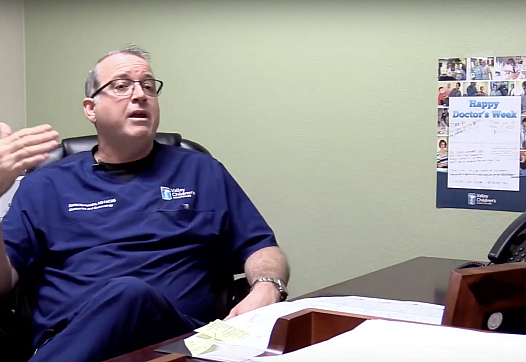
This story was produced as part of a larger project led by Fatima Navarrete, a participant in the 2019 National Fellowship.
Other stories in this series include:
Marijuana Consumption During Pregnancy (Part 1)
Marijuana Consumption During Pregnancy (Part 3)
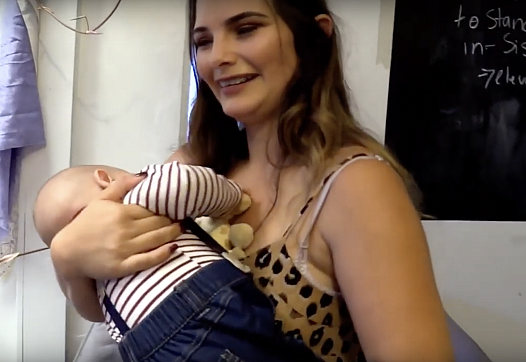
This story was produced as part of a larger project led by Fatima Navarrete, a participant in the 2019 National Fellowship.
Other stories in this series include:

Charlee Marie Faith Ford came into the world struggling to live. After an emergency C-section at 37 weeks, her lungs failed for nine minutes before doctors revived her.
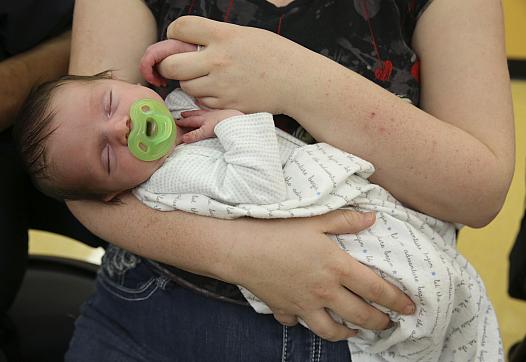
In Texas, a mother’s chance of delivering her child by cesarean section and a baby’s chance of experiencing health problems early in life have a lot to do with the place she gives birth.
